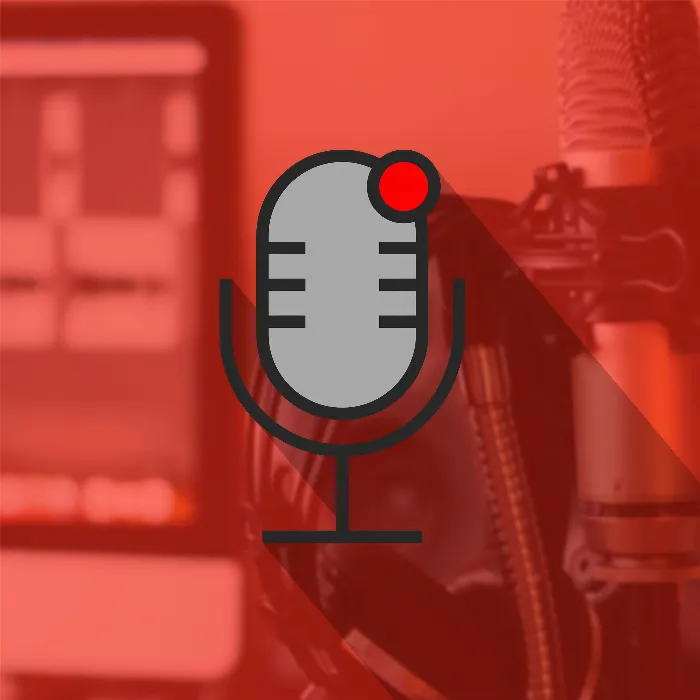Everyone who creates a podcast knows that time is valuable. Every detail counts, but often you spend far too much time on unimportant aspects while neglecting the crucial factors. This is where the Pareto Principle comes into play – also known as the 80/20 rule. This rule can not only help you save time but also significantly improve the quality of your podcast. Let's delve deeper into this concept and discover how you can apply it to your podcasting.
Key Insights
- The Pareto Principle states that 20% of your efforts often result in 80% of your outcomes.
- Revising unimportant details, like minor background noises, often provides little added value.
- Focus on the elements that have the greatest impact on the quality of your podcast.
Understanding the Pareto Principle
The Pareto Principle was developed by the Italian economist Vilfredo Pareto. Originally, he observed that 20% of Italians held 80% of the wealth. However, this principle can be applied to many areas of life, including podcast production. When you apply the principle to your work, you will notice that a small part of your tasks determines the majority of your successes.
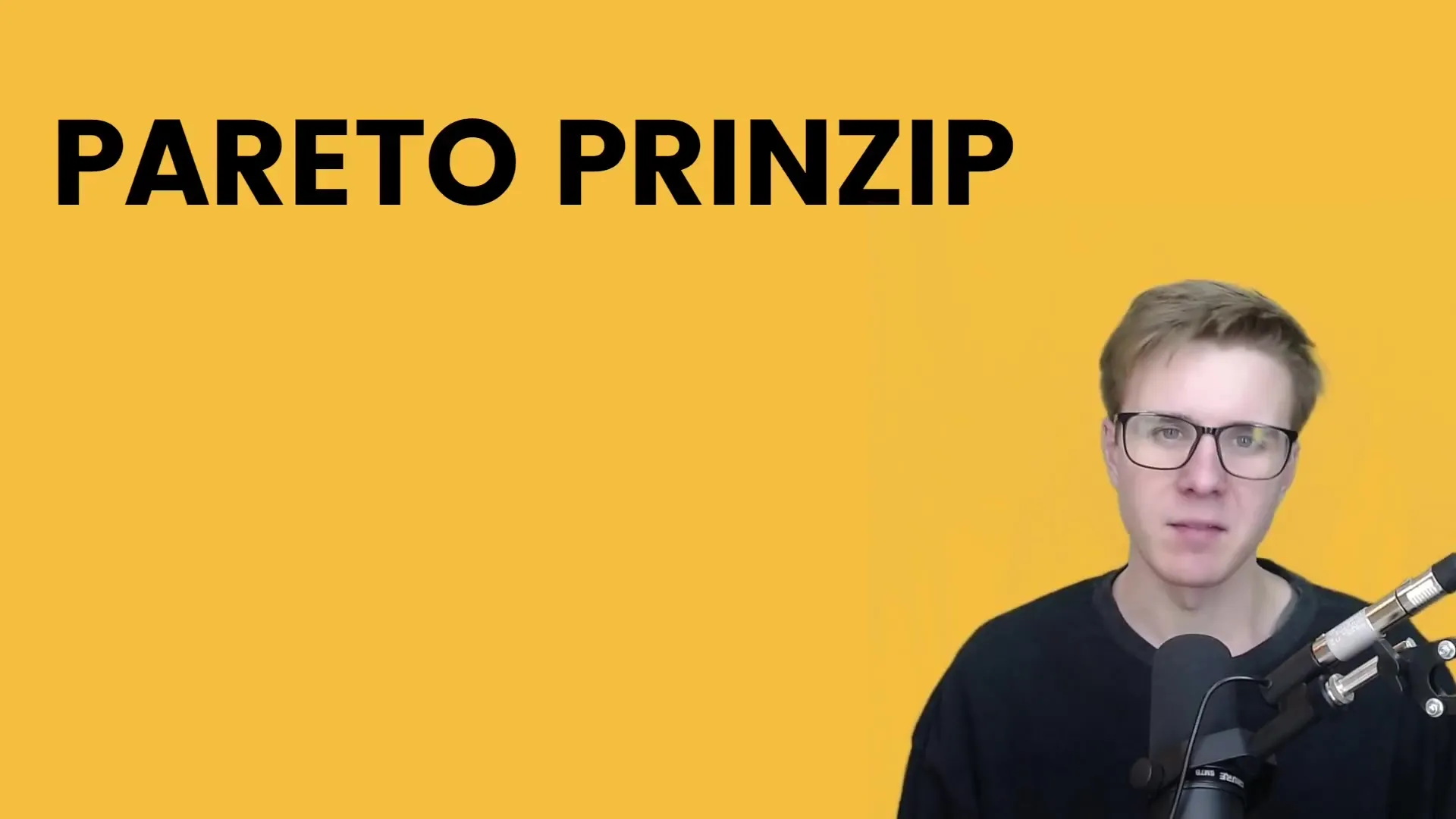
In the context of podcasting, this means that you should focus on the few tasks that appeal most to your audience. Often, there are only two to three tasks in podcast creation that deliver the most value.
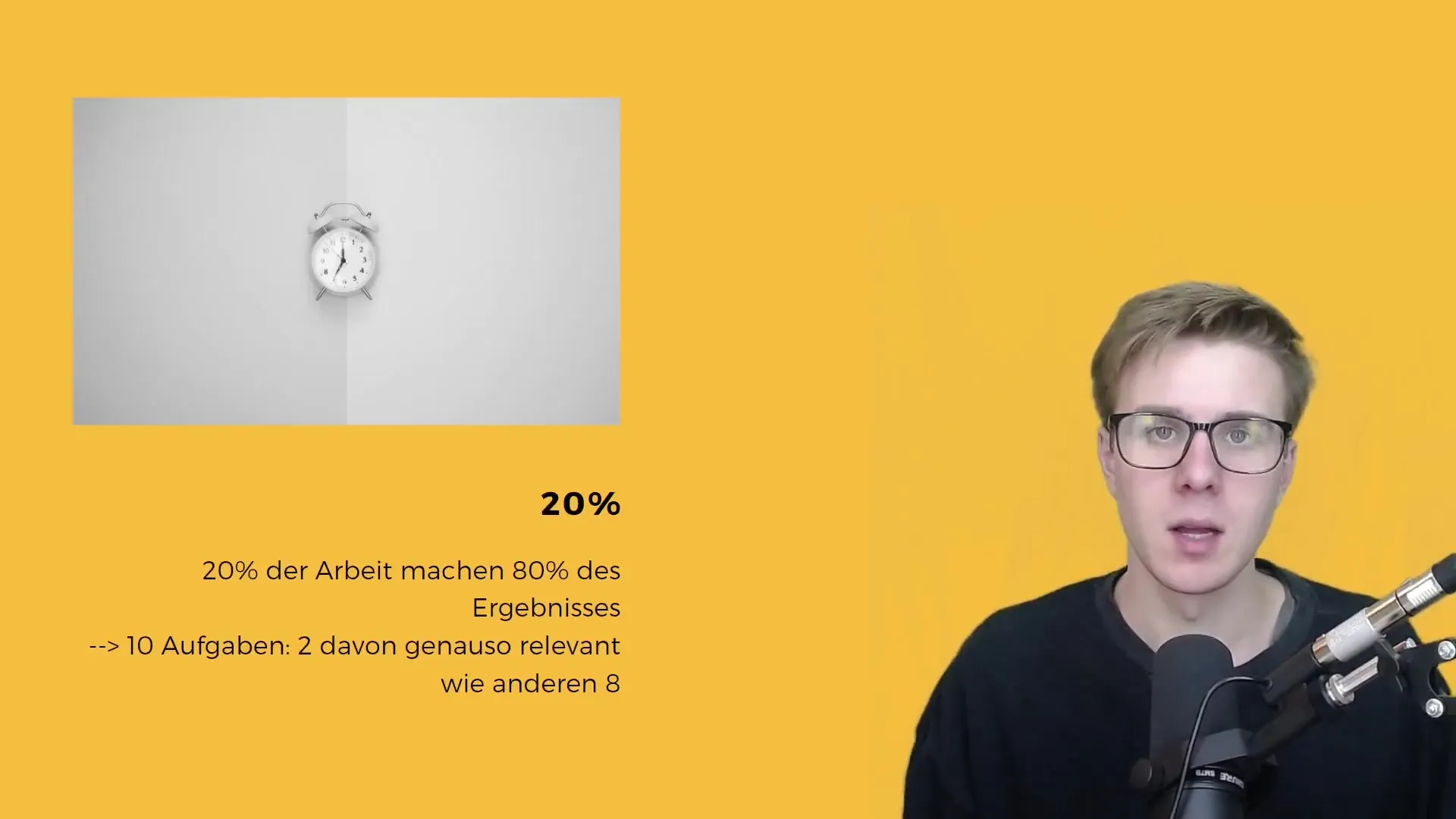
Applying 80/20 in Podcasting
To apply the Pareto Principle to your podcasting, focus on the key aspects of your podcast. Here are some approaches:
1. Identify Key Points
Consider which parts of your podcast have the most impact. Whether it's thematic depth, conversational flow, or sound quality. Often, only 20% of the content attracts 80% of audience interest.
2. Avoid Perfectionism
It's tempting to edit every minor flaw in your audio recording, but this can be time-consuming without significant improvements. Prioritize and focus on the essential aspects.
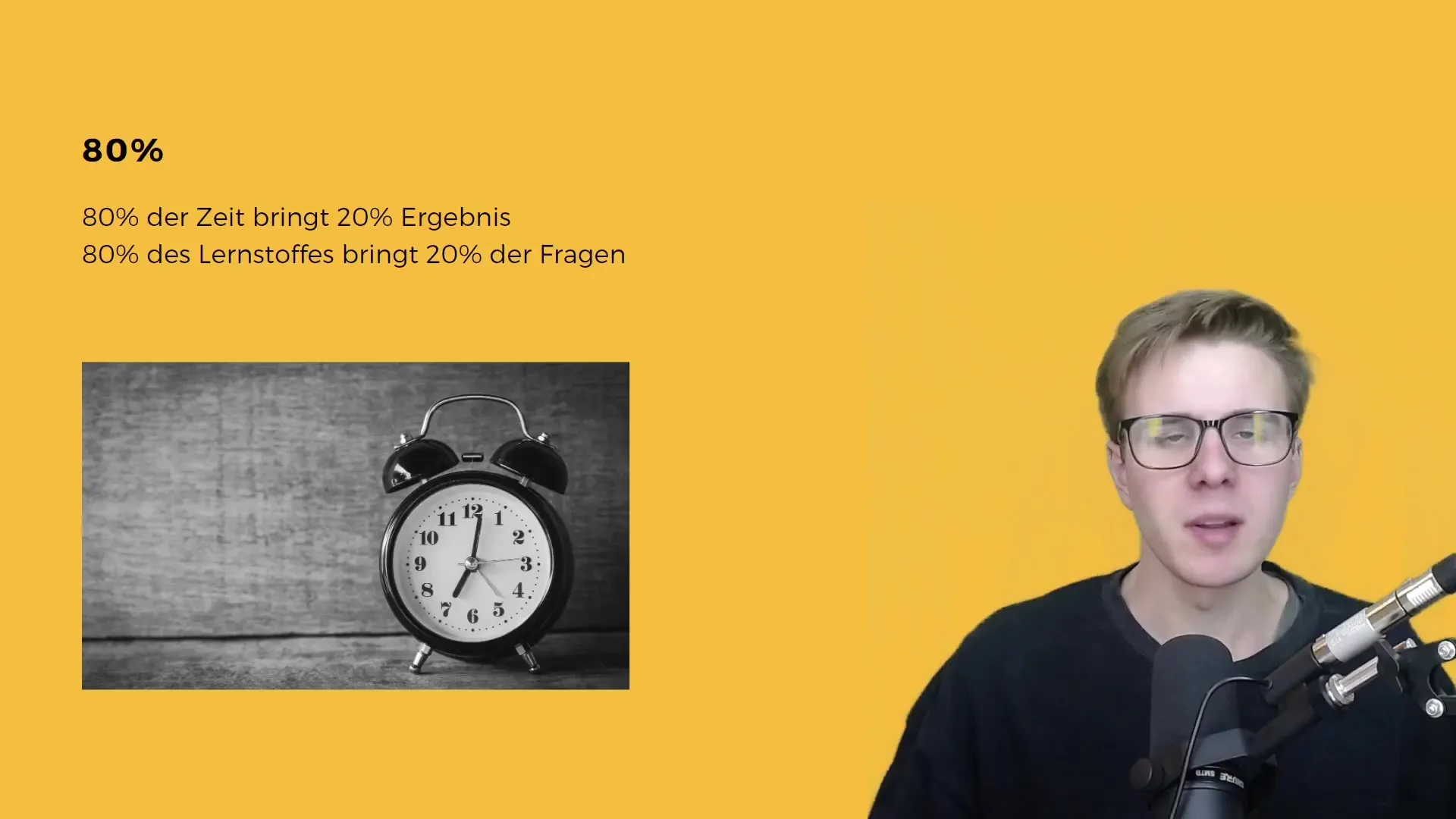
3. Efficient Post-Production
When editing your episodes, invest more time in the content and less in minor errors or background noises. Ensure the basic structure of your episode is correct and focus less on the small details that don't make a big difference.
4. Seek Feedback
Have others listen to your podcasts and offer them to give you feedback on important aspects. The feedback will help you understand which areas are most valuable to your audience.
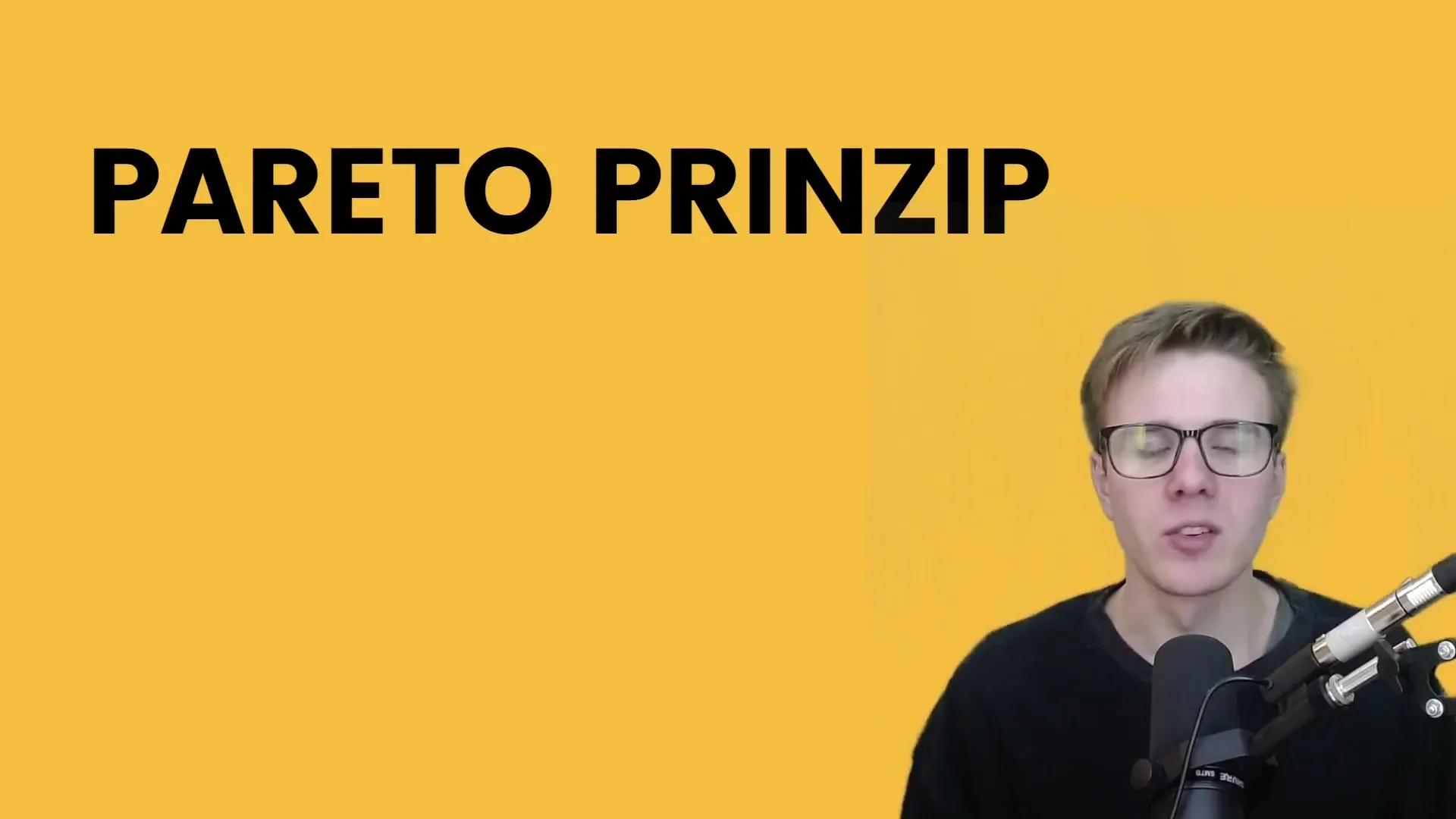
Boosting Efficiency
By focusing on the essential elements of your podcast, you not only improve your efficiency but also the overall quality. This means that you can save time and elevate your content to a new level.
By integrating the 80/20 rule into your time management, you create more space for creativity and innovation. Remember that not every episode has to be perfect. It's okay if some works shine more than others.
Summary
By applying the Pareto Principle, you transform your approach to podcasting. By focusing on key points and leaving perfectionism behind, both your efficiency and the quality of podcast episodes will increase. Use the insights from this principle to get more out of your podcast while spending less time on it.
Frequently Asked Questions
What is the Pareto Principle?The Pareto Principle states that often 20% of efforts result in 80% of outcomes.
How can I apply the Pareto Principle to my podcast?Focus on the key content and avoid perfectionism on unimportant details.
Why should I not focus on minor errors in my podcast?Minor errors often have no significant impact on the listening experience; better invest your time in essential content.
How do I find out what the key points of my podcast are?By gaining feedback from listeners, you can identify which parts of the podcast are most appreciated.
What are common time wasters in podcasting?Editing minor background noises or revising unimportant parts of the podcast can consume a lot of time without bringing the desired effect.
